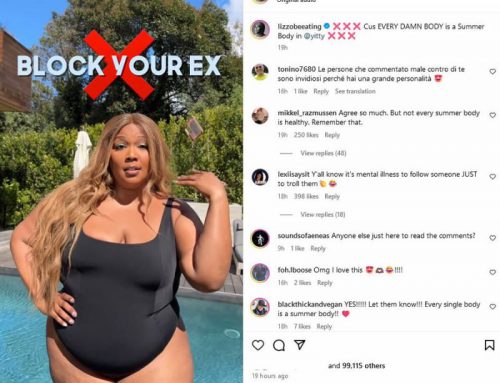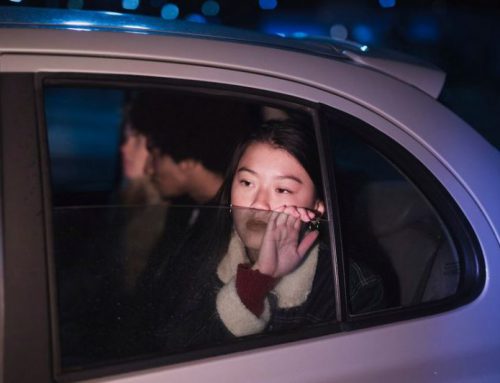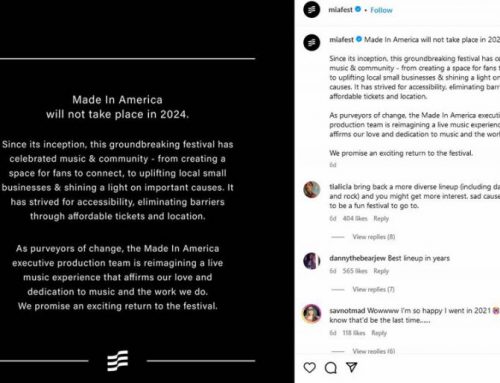Source: http://www.crazydaysandnights.net
Reader Blind
The military records of this deceased A+ action star which contain a series of cognitive tests he took explain the short terse literal answers he often gave to reporters’ questions throughout his career.
He did not have a major lead role until his 40’s and wasn’t a big star until his 50’s but how his career took off then. The thing was the actor had diagnosed intellectual disability.
He was what they might call in less politically correct terms “retarded” .
He could not read or write and had trouble understanding simple concepts.
His brutal and poverty stricken childhood did not help.
Luckily, he had good minders around him throughout his entire career especially his second wife, a celebrity herself whom he worked with and who did a very good looking out for him.
Charles Bronson
Jill Ireland
Charles Bronson: “It’s just that I don’t like to talk very much.”
Charles Bronson is said to be the world’s most popular movie star. Not America’s. He will grant you Robert Redford in America. But in the world it is Charles Bronson. There is a sign in Japan, his publicist says, that displays Bronson’s name a block long (one does not ask how high).
Bronson’s eyes are a cat’s eyes, watchful and guarded. They are the eyes of a man of fifty-one who once was a coal-town juvenile delinquent, spoke broken English, and embraced the draft in 1943 as away to escape from the mines. These eyes were watching me one afternoon from across the dining room of the Capri Motel in La Junta, Colorado. They pretended not to, but they did. Their owner knew that I was in La Junta to interview him. What other mission would have drawn me to the cantaloupe capital of Colorado, where Bronson was shooting “Mr. Majestyk,” a movie about a melon farmer with union troubles? He had no great eagerness to be interviewed. He seemed to be sizing me up, with a sort of survivor’s instinct.
It is conventional to say of movie stars that they are very private people, but Bronson has contructed a privacy so complete that it seems out of keeping with his occupation as a performer. He exudes an aura of privacy; I did not feel like approaching him. He sat at the head of a table with his wife of six years, Jill Ireland, at his left hand. Their children ranged around them: three by Jill’s previous marriage to David McCallum, two from Bronson’s first marriage, and their daughter, a perfect little blonde born in 1971.
Bronson finally sighed and handed his daughter to his wife. He came to be interviewed, after all. He does not mean to be difficult, but it is in his nature. He does not volunteer information, does not elaborate, and has no theories about his films (“I’m only a product like a cake of soap, to be sold as well as possible”).
To make everything harder, Time magazine had printed a hostile review only that week of Bronson’s latest movie, “The Stone Killer.” The writer, Jay Cocks, dismissed it as another “Charles Bronson-Michael Winner picture.” To Bronson, that was a personal attack. “First it was a novel, then it was a screenplay, and there was a cinematographer involved and a lot of other people. That makes it personal, when he picks on just two people, and that gets me mad.” An ominous pause “One way or another,” he said, “sooner or later, l’ll get that man. Not physically, but I’ll get him.”
There is that about Charles Bronson, and it is unsettling. He really does seem to possess the capacity for violence. It is there in his eyes, and in his muscular forearms, and in the way he walks. Other actors can seem violent in their roles; Lee Marvin, certainly, and Robert Mitchum and Clint Eastwood. But they don’t seem violent in person. Bronson does. Maybe that’s because he has been there, and violence isn’t strange to him: back when he was Charles Buchinsky from the coalfields of Ehrenfeld, Pennsylvania, he did time twice, once for assault and battery and once for robbing a store. There were hard times early on in Ehrenfeld, and in the Air Corps, and working in mob gambling joints in Atlantic City. Director Michael Winner once told me: “After we’ve been on a picture a few weeks, the crew starts coming around and asking, When does it happen? When does he blow up? Actually I’ve never seen him blow up. But he seems to contain such a capacity for it that people tend to brace for it.”
The breath of menace blows over as Time is forgotten, and in a moment Bronson is talking about his favorite pastime, which is painting. “When I was a kid,” he says, “I was always drawing things. I’d get butcher paper or grocery bags and draw on them. And at school I was the one who got to draw on the windows with soap. Turkeys for Thanksgiving, that kind of thing. It seemed I just knew how to draw I could draw anything in one continuous line without lifting the crayon from the paper. I had a show of my stuff in Beverly Hills and it sold out in two weeks – and it wasn’t because my name was Charles Bronson, because I signed them Buchinsky.” – Source
Read more on these Tags: Charles Bronson, Jill Ireland









